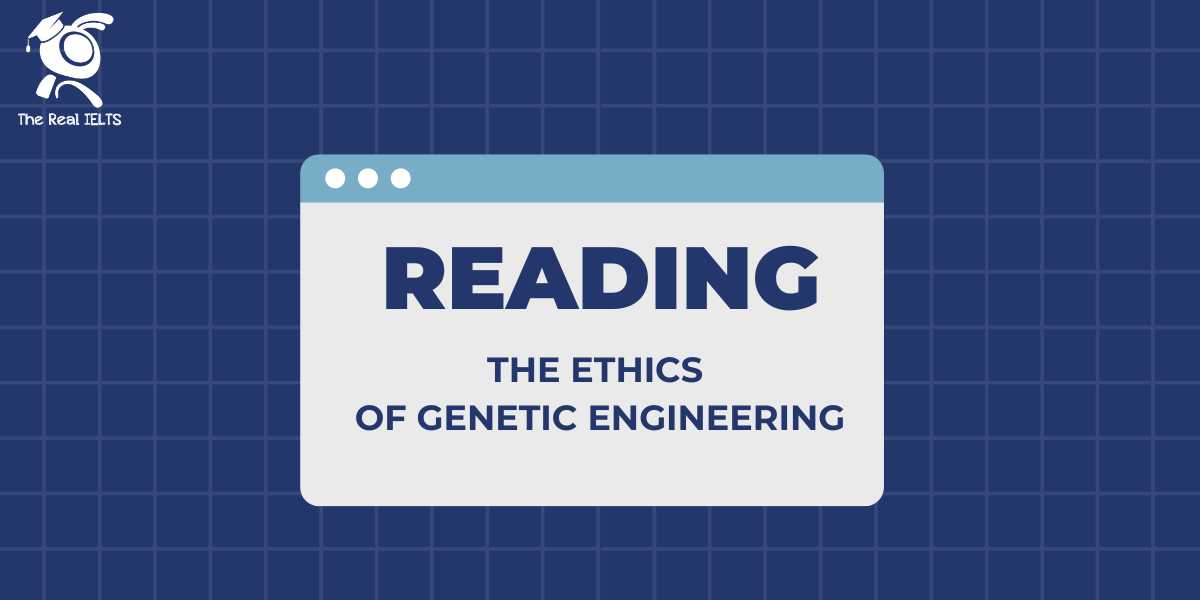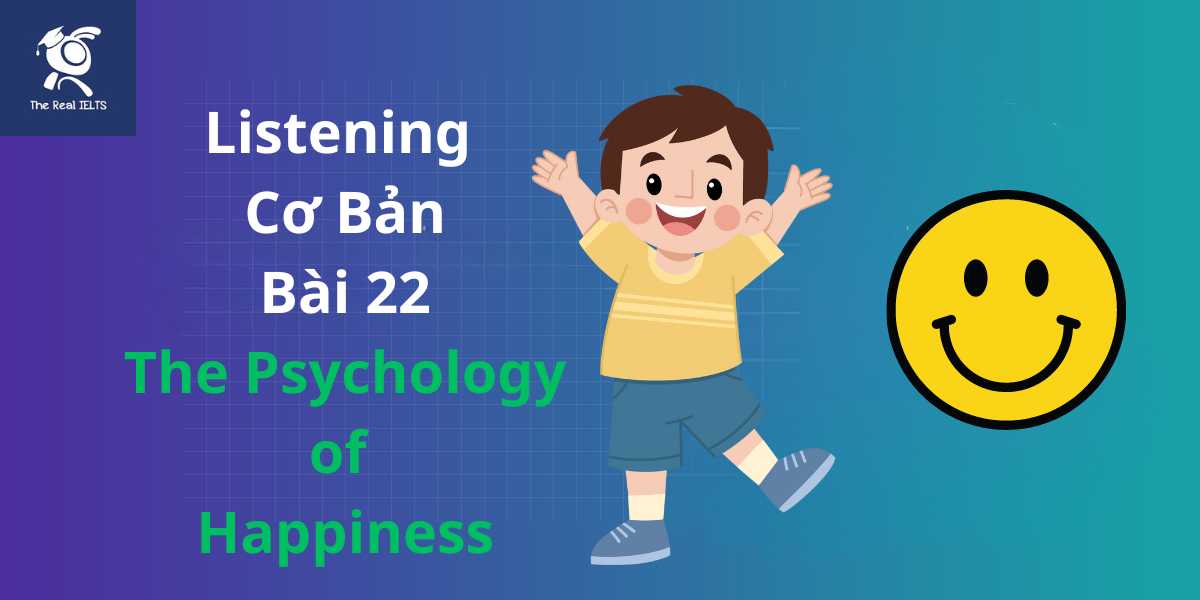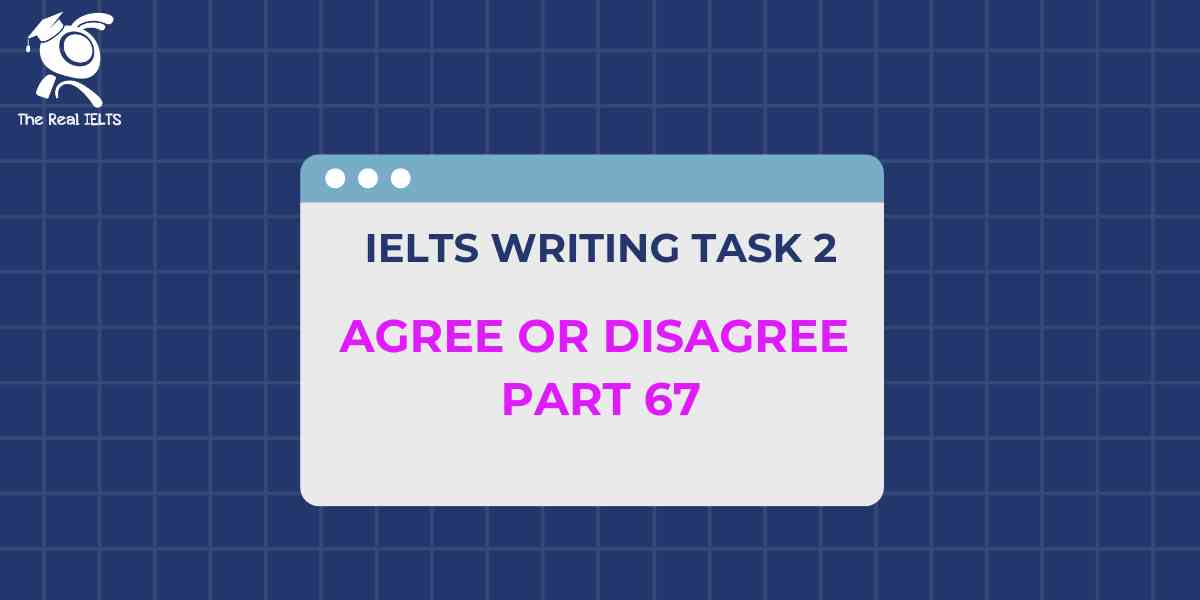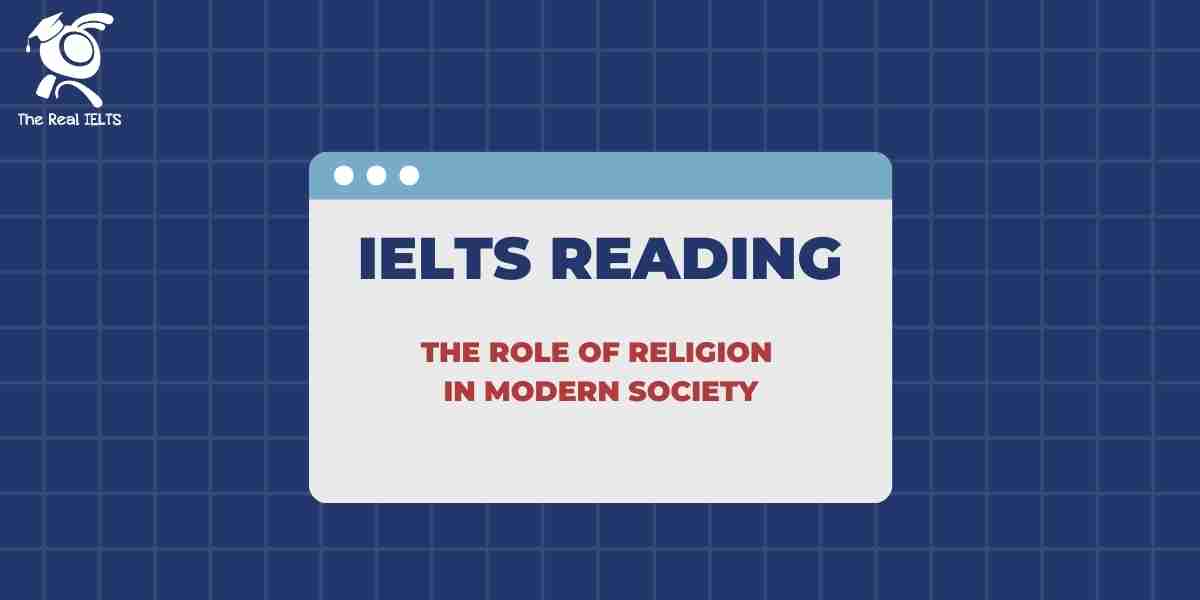Bài Reading có chủ đề về đạo đức trong vấn đề di truyền. Các bạn hãy đọc kỹ bài tập trong bài Reading để hoàn thành các câu hỏi.
Reading Passage: The Ethics of Genetic Engineering
Paragraph 1
Genetic engineering, a groundbreaking field in modern science, involves the manipulation of an organism’s DNA to alter its characteristics. This can include everything from increasing crop yields to preventing genetic disorders in humans. While the potential benefits of genetic engineering are vast, the ethical implications of such technologies have sparked significant debate among scientists, ethicists, and the general public.
Paragraph 2
One of the primary ethical concerns is the potential for genetic engineering to exacerbate social inequality. Critics argue that access to genetic modifications could become a privilege of the wealthy, thereby increasing the gap between different socioeconomic groups. If only those with substantial financial resources can afford genetic enhancements, this could lead to a society divided not just by wealth, but by genetic advantages as well.
Paragraph 3
Another ethical issue revolves around the concept of ‘playing God’. Many people believe that altering the genetic makeup of organisms, especially humans, is an overstep of human authority. They argue that genetic engineering disrupts the natural course of evolution and crosses moral boundaries by interfering with life at its most fundamental level.
Paragraph 4
However, proponents of genetic engineering highlight its potential to eradicate diseases that have plagued humanity for centuries. Genetic modifications could potentially eliminate hereditary conditions such as cystic fibrosis and sickle cell anemia. In agriculture, genetic engineering can lead to crops that are more resistant to pests and adverse environmental conditions, thus addressing food security issues.
Paragraph 5
Environmental concerns also play a significant role in the ethical debate. Opponents fear that genetically modified organisms (GMOs) could disrupt ecosystems and harm biodiversity. The long-term impact of introducing genetically engineered species into the environment is still largely unknown, and caution is urged to prevent unintended consequences.
Paragraph 6
Despite these concerns, some argue that with strict regulations and ethical guidelines, genetic engineering can be conducted responsibly. They believe that the benefits, such as medical advancements and agricultural improvements, can be achieved without compromising ethical standards. The challenge lies in establishing a framework that balances innovation with ethical considerations, ensuring that the technology is used for the greater good.
Questions
Questions 1-5: Matching Information
Match each of the following statements with the correct paragraph (A-F).
- Concerns about genetic engineering widening the gap between the rich and poor.
- The idea that genetic engineering could be seen as humans exceeding their natural boundaries.
- Potential agricultural benefits of genetic engineering.
- The fear of GMOs disrupting natural ecosystems.
- The possibility of eliminating genetic diseases.
Questions 6-9: Multiple Choice
Choose the correct answer (A, B, C, or D).
- What is one of the main benefits of genetic engineering in agriculture mentioned in the passage?
- A. Reducing the need for pesticides
- B. Increasing the nutritional value of food
- C. Enhancing the taste of crops
- D. Lowering the cost of farming equipment
- Why do some people oppose genetic engineering on ethical grounds?
- A. It is too costly
- B. It may lead to overpopulation
- C. It interferes with natural evolution
- D. It can only be used in agriculture
- What do proponents of genetic engineering believe about its impact on hereditary diseases?
- A. It will make diseases more widespread
- B. It can potentially eradicate them
- C. It has no effect on them
- D. It will make them harder to treat
- According to the passage, what is necessary for genetic engineering to be conducted responsibly?
- A. Increased public awareness
- B. Advanced scientific knowledge
- C. Strict regulations and ethical guidelines
- D. Government funding
Questions 10-13: True/False/Not Given
Do the following statements agree with the information given in the reading passage? Write:
- TRUE if the statement agrees with the information
- FALSE if the statement contradicts the information
- NOT GIVEN if there is no information on this
- Genetic engineering has already eradicated several genetic diseases.
- All scientists agree on the ethical implications of genetic engineering.
- GMOs are currently the leading cause of biodiversity loss.
- Ethical guidelines can ensure that genetic engineering is used for the greater good.
Answers and Explanations
Questions 1-5: Matching Information
- B
- C
- D
- E
- D
Questions 6-9: Multiple Choice
- A
- C
- B
- C
Questions 10-13: True/False/Not Given
- FALSE
- FALSE
- NOT GIVEN
- TRUE
Học lại bài cũ: Reading Skill Part 24: Mental Health in the Workplace.















